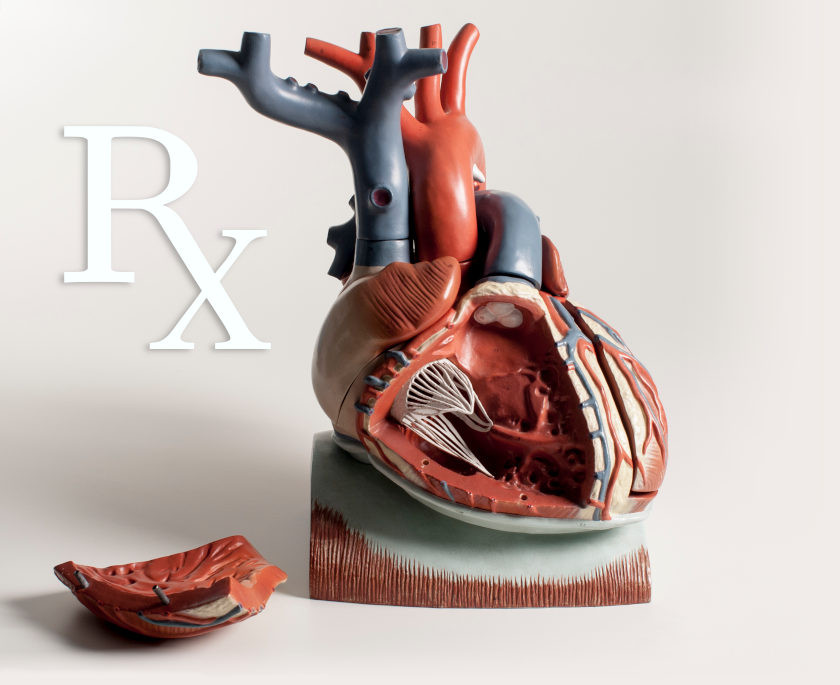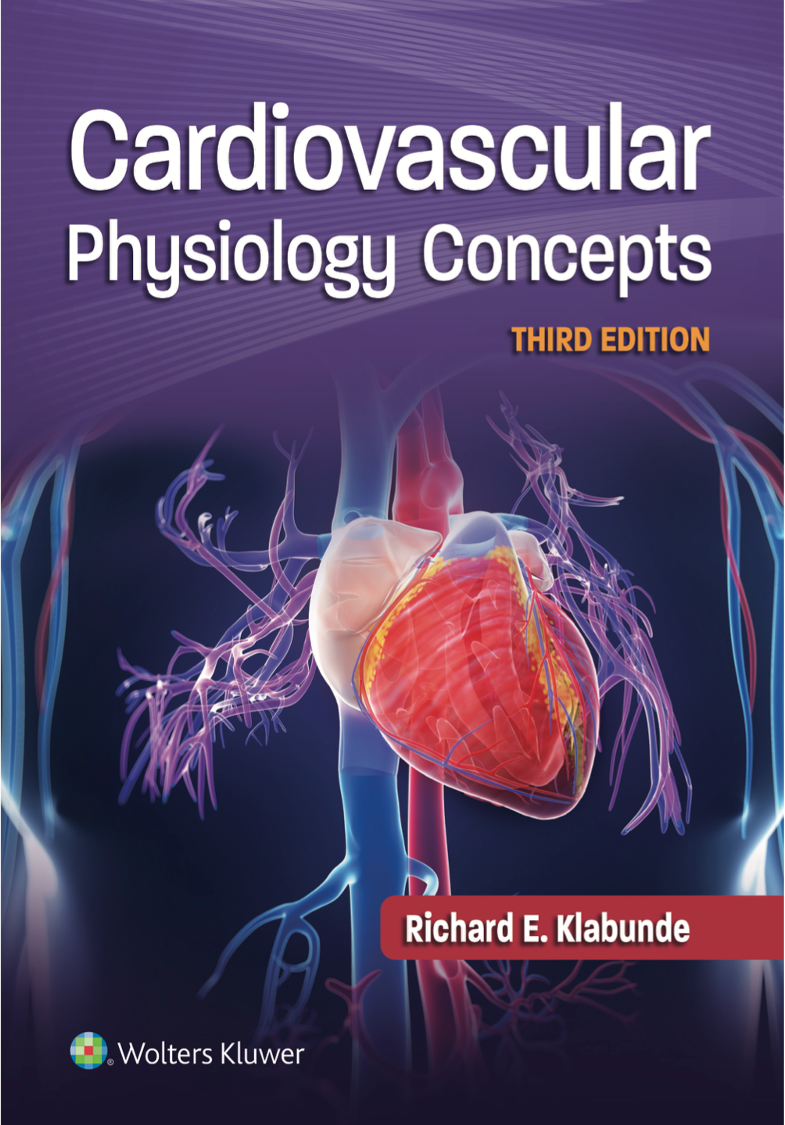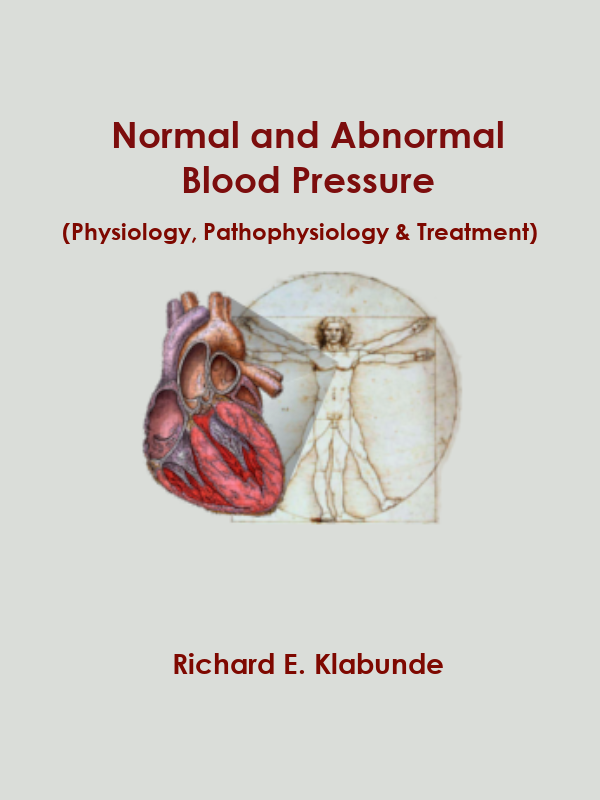Guided Learning - Pharmacologic Treatment of Arterial Hypertension
(NOTE: Turn off or override browser pop-up blockers.)
Pathophysiology of Arterial (Systemic) Hypertension
- What is hypertension? click here
- What is the difference between essential and secondary hypertension? click here
- What are several causes of secondary hypertension? click here
- How do changes in cardiac output and systemic vascular resistance influence mean arterial pressure? click here
- How do changes in blood volume affect arterial pressure? click here
- What are systolic and diastolic aortic pressures? click here
- What factors determine central venous pressure? click here
- How do autonomic nerves regulate arterial pressure? click here
- How do arterial baroreceptors regulate arterial pressure? click here
- What roles do the following humoral factors play in regulating arterial pressure?
- How does each of the following cause hypertension? click here
- renal artery stenosis
- chronic renal disease
- primary hyperaldosteronism
- stress
- sleep apnea
- hyper- or hypothyroidism
- pheochromocytoma
- preeclampsia
- aortic coarctation
Antihypertensive Drugs
- How do drugs that dilate blood vessels, reduce blood volume, or reduce cardiac output lead to a decrease in arterial pressure? click here
- How do diuretics decrease blood volume? click here
- What are the differences between thiazide, loop, and potassium-sparing diuretics in terms of their site of action in the kidney and their overall efficacy in lowering blood pressure? click here
- By what mechanisms do each of the following mechanistic classes of drugs lower arterial pressure? What specific drugs (generic names) are FDA-approved in each of these classes? Which of the following can cause orthostatic hypotension and reflex tachycardia?
- alpha-adrenoceptor antagonists (alpha-blockers)
- angiotensin converting enzyme inhibitors (ACE inhibitors)
- angiotensin receptor blockers (ARBs)
- beta-blockers
- calcium-channel blockers
- centrally acting sympatholytics
- direct acting arterial dilators
- ganglionic blockers
- nitrodilators
- potassium-channel openers
- renin inhibitors
Revised 10/28/2023

 Cardiovascular Physiology Concepts, 3rd edition textbook, Published by Wolters Kluwer (2021)
Cardiovascular Physiology Concepts, 3rd edition textbook, Published by Wolters Kluwer (2021) Normal and Abnormal Blood Pressure, published by Richard E. Klabunde (2013)
Normal and Abnormal Blood Pressure, published by Richard E. Klabunde (2013)